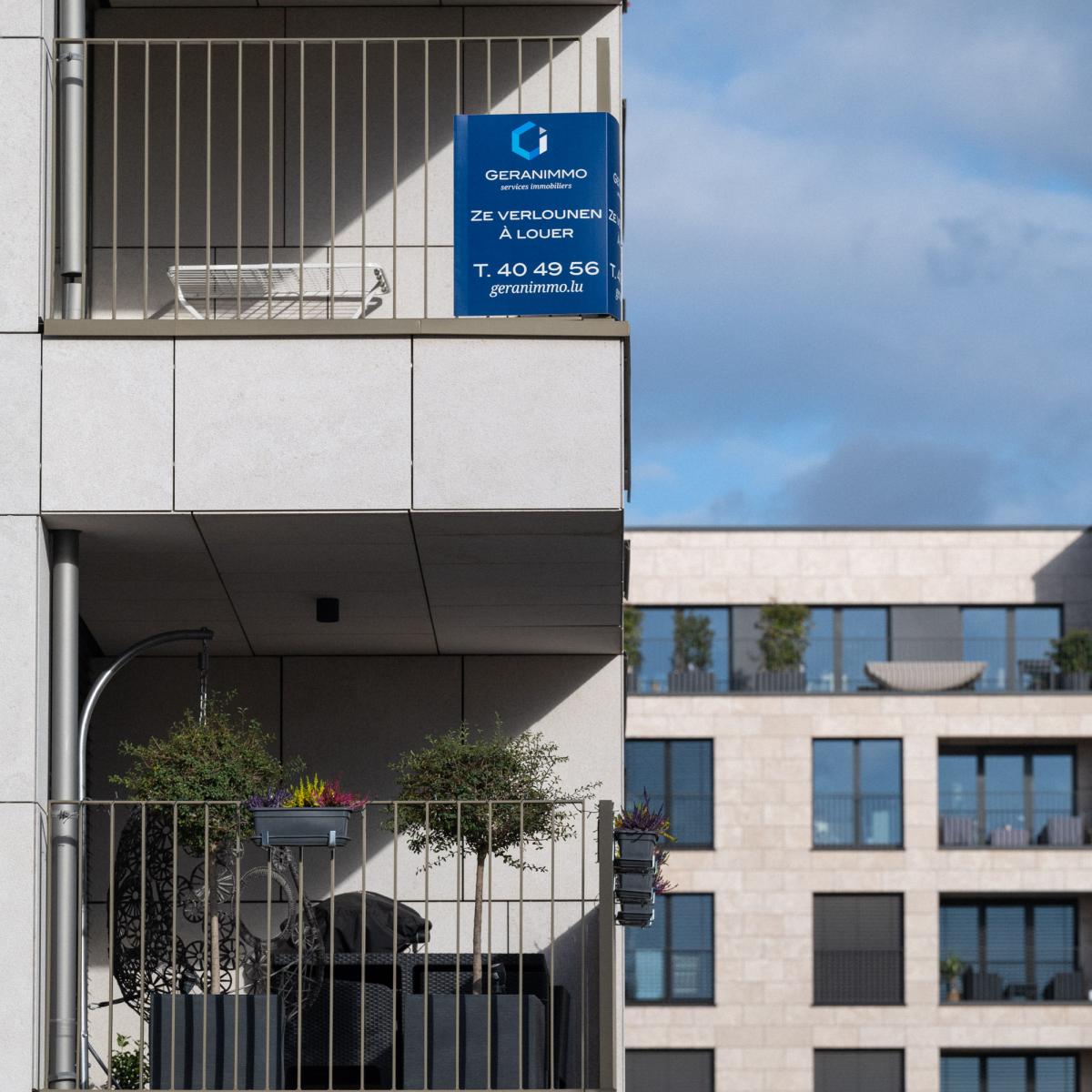Flat share as a makeshift solution

Published on
14 Apr. 2021 Switch to German for original article
Life asbl's "WG Projet" took off in 2020. For most residents, however, this form of housing is an involuntary choice, even if living together works well in most cases. The association responsible for the project wants to create more affordable living space in this way. Occasionally, however, there are hurdles in the process.
Anne-Cécile knows what it’s like to live in a shared apartment. Many years ago, she experienced it in Belgium. “At the time, it was a conscious choice. I like that lifestyle.” Today, it is her life circumstances that were instrumental in the 39-year-old Belgian sharing a house near the German border with three roommates. About two years ago, her marriage fell apart. After a burnout several years earlier, she had given up her job and since then had been taking care of her daughter, who is now eight years old. Anne-Cécile initially started looking for an apartment. But without a permanent employment contract, with a daughter in alternating care, a dog and given the real estate prices, finding a living space was a matter of impossibility. “My back was against the wall”, she says. But then one day she hears about Life asbl’s “WG Projet” (WG: shorthand for “Wohngemeinschaft” in German, meaning “living community”) and signs up. For a year now, she has been living with tenants from Niger, the Ivory Coast and Brazil. She pays €440 for rent including utilities.
Related Keywords
Germany , Grosbous , Diekirch , Luxembourg , Niger , Brazil , Belgium , Yemen , Soleuvre , Coted Ivoire , Ivory Coast , Belgian , German , Gary Diderich , , ஜெர்மனி , திேகீற்ச் , லக்ஸம்பர்க் , நைஜர் , பிரேசில் , பெல்ஜியம் , யேமன் , தந்தம் கடற்கரை , பெல்ஜியன் , ஜெர்மன் ,
comparemela.com © 2020. All Rights Reserved.